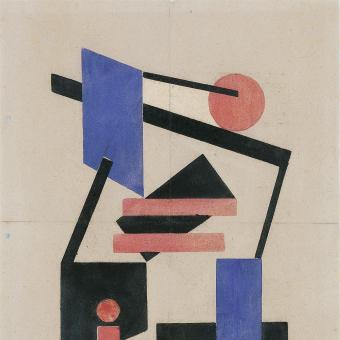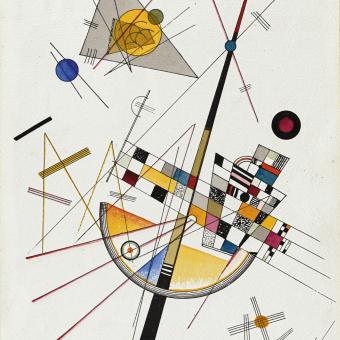
Framed between two world wars, the Weimar Republic of 1919-1933 was marked by intractable tensions and a tragic end. But many of its ideas and debates, and the legacy of its boundless creativity, live on today.
The political and ideological upheaval unleashed by the Great War gave rise to a proposal for a future society in Germany based on reason, democracy and equality. During its brief existence between 1919 and 1933, the Weimar Republic managed to challenge ideas that had hitherto been considered unquestionable in German society: from gender to music, from the concept of authority and the workers’ struggle to architecture, from quantum physics to aesthetics and art as a technique of expression, everything was subject to a critical and innovative revision.
This exhibition shows how, during that period, uncertainty became the spirit of the age and the paradigm shift that opened the doors to our world today. A circumstance that gave rise to the creativity of great figures who lived and thrived then and who shaped the contemporary world, such as Thomas Mann, Käthe Kollwitz, Otto Dix, Jeanne Mammen and Martin Heidegger.
Uncertain Times. Germany between wars presents the period of transition between old Europe and the current era through seven thematic sections that reflect the various facets of the Weimar Republic. By means of photographs, painting, sculpture, set design, music, interactive games and projections, among other resources, this exhibition speaks of transformations, major crises, profound instability, collapse, tensions and opportunities, in a dialogue between that past and our present.
- Curators: Pau Pedragosa and Txuss Martín
- Organisation and production: ”la Caixa” Foundation


